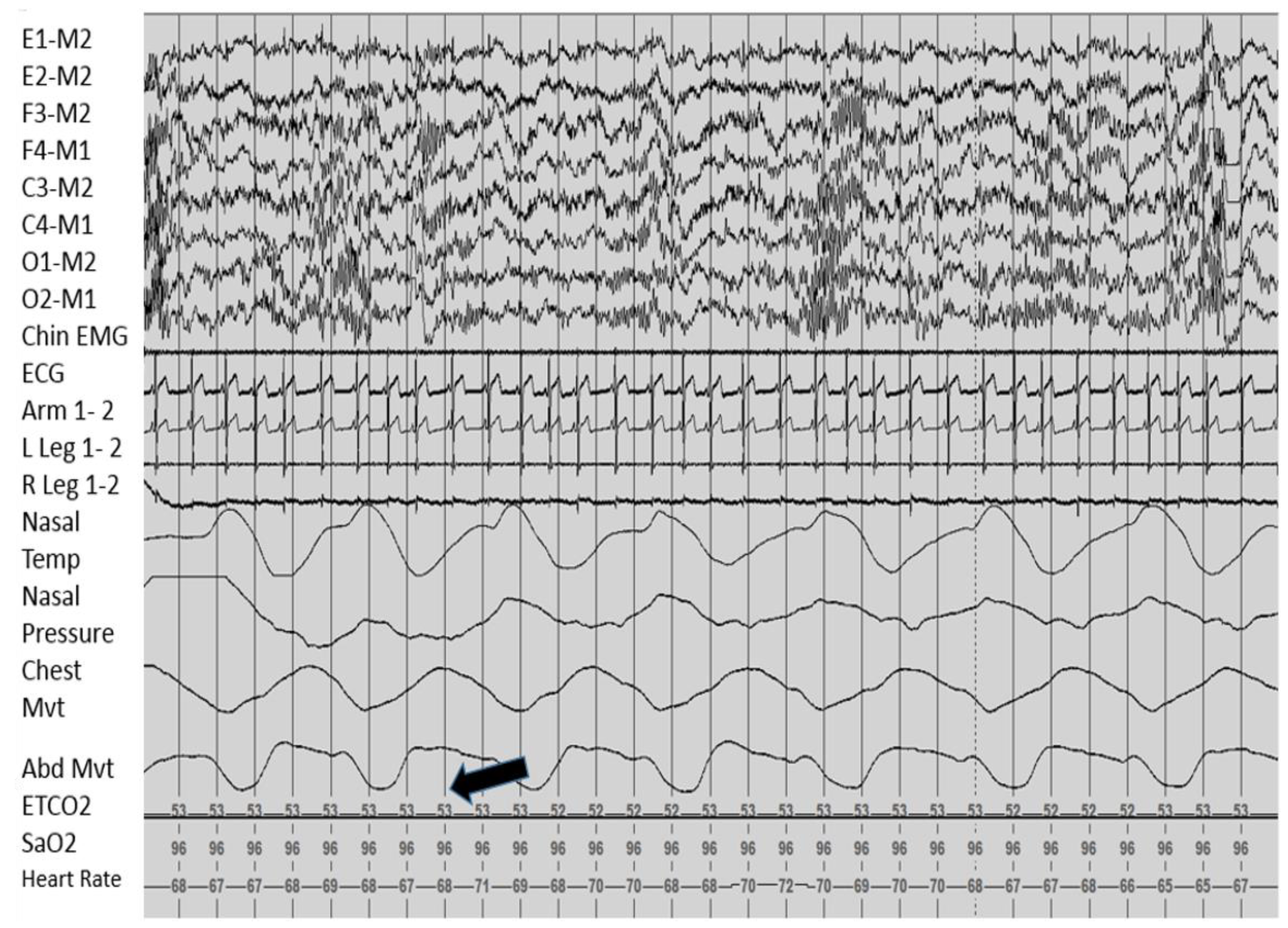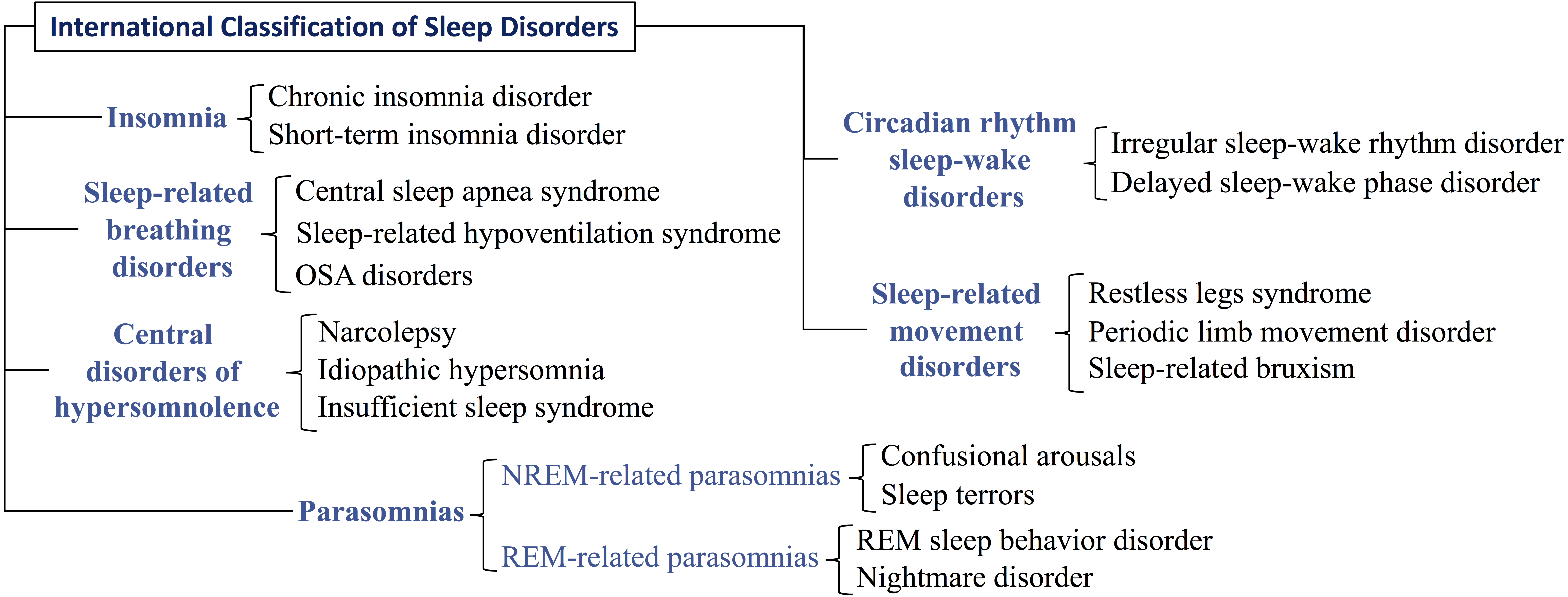People who experience from sleeplessness have problems falling or remaining asleep; and when they do sleep it’s often a poor quality of sleep. Some have confused sleeplessness with sleep issues, but they are different. Both result in severe fatigue and exhausted feelings, but sleep deprivation is cause by not having the chance to get the rest you need. Insomnia on the other hand is not being able to sleep even when the possibility is available. It is essential to realize that sleeping disorders is a problem that more than half of grown ups say they experience a few times each week, and this may be effecting you. Knowing this can help to lesson any concerns that there is something seriously wrong.

Understanding Insomnia
The first step to getting a handle on insomnia is to gain a better comprehension of the issue. There are in fact a two types of the sleep disorder, insomnia: 1. Primary insomnia is a problem sleeping that is not related to any other health issues and it tends to last a month or more. 2. Secondary or co-morbid insomnia is connected with another medical condition. It is believed that more than 80% of adults who suffer from insomnia have this type. Some of the medical conditions that can lead to co-morbid insomnia include heartburn, arthritis, pain, depressive disorders, and cancer heart and lung diseases. In addition medications, whether over the counter or prescription, alcohol, caffeine and tobacco can also cause sleep issues.
Determining the Cause of Insomnia
The first step in waging a successful battle against insomnia is to keep track of your sleep for a full week. Each night, for seven consecutive nights, note when you go to bed and how long it takes you to fall asleep. Also keep track of how often you wake up and if you have problems going back to sleep. Also noteany feelings of discomfort, such as temperature, pain, thirst, heartburn and so on. All of this information will help you and your medical practitioner understand what’s happening so a proper course of action can be recommended. There are a number of different things that can cause sleeplessness that aren’t associated to disease. In fact, lifestyle is a major contributing factor to insomnia. For example: Frequent travelers experience jet lag that can interrupt regular sleep patterns and body rhythms; Overeating can make you feel uncomfortable, and spicy, heavy or foods with high sugar content can cause heart burn which may also cause sleep issues• While alcohol is officially regarded a depressant, it can have the reverse effect at night, causing you to wake up and have problems sleeping.. • Too much coffee or other caffeinated beverages keep people awake as do cigarettes because both caffeine and nicotine are stimulants. • Shift workers also experience insomnia because sleep patterns are disrupted.

Sleep Etiquette Tips
Some Tips for Getting More Sleep Assuming that your insomnia is triggered by way of life issues there are a number of different things you can try to get over the issue without the use of prescription medication. 1. Develop a consistent sleep routine going to bed and waking up at the same time each day, even on weekends. 2. Avoid caffeine after two or three o’clock in the afternoon. This even includes candy! 3. Stay away from spicy foods and heavy meals 4. If you’re really hungry before bed, have a light snack to make sure feeling hungry doesn’t keep you awake. 5. A normal physical exercise routine can be a big help as long as you finish at least three hours before going to bed, since physical exercise will stimulate you. 6. Follow a relaxing bedtime program like reading or listening to songs tells your body that it’s time to relax and fall asleep. 7. Make sure your sleeping surroundings is comfortable and calming. 8. Eliminate interruptions including noise and light from a television, bright street lights, or a clock that shines into your eyes. 9. Try not to nap. If a nap is required, make it less than an hour so that you don’t through your bodies sleep rhythm off. 10. If you can’t fall asleep after about thirty minutes of trying, get up and do something relaxing. Often laying there struggling to fall asleep will only make you more wide awake and frustrated.
If after trying these tips, you’re still having sleep problems that are unexplained, it would be a good idea to visit your doctor to determine if there are any underlying medical issues that could be the cause of your sleeping disorders. You will find more articles based on this topic. Do click for more info and increase your knowledge related to issues as such so you can choose the best treatment possible in your budget. For more you can also consult the doctor.